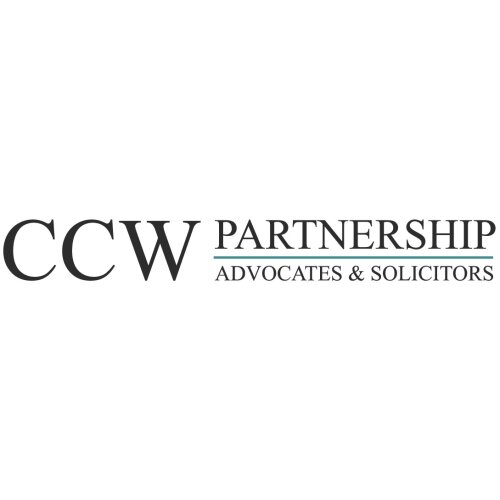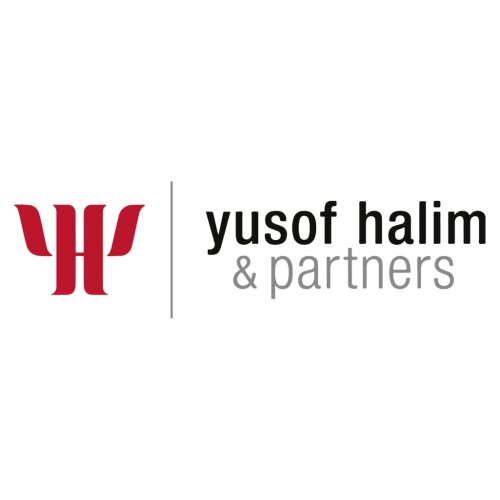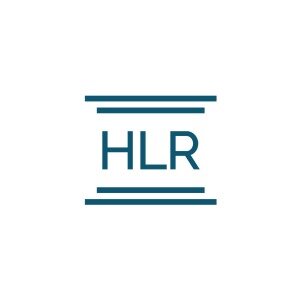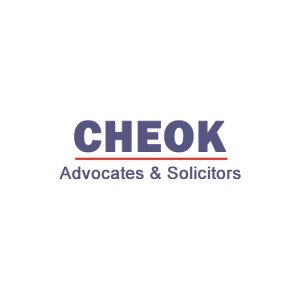Best Debt Capital Markets Lawyers in Bandar Seri Begawan
Share your needs with us, get contacted by law firms.
Free. Takes 2 min.
List of the best lawyers in Bandar Seri Begawan, Brunei
About Debt Capital Markets Law in Bandar Seri Begawan, Brunei
Debt Capital Markets (DCM) are specialized segments of the financial market where entities such as governments, corporations, and financial institutions raise funds through the issuance of debt securities. In Bandar Seri Begawan, Brunei's capital, the DCM landscape is primarily shaped by a mix of Shariah-compliant instruments and conventional debt products. The market is regulated to ensure transparency, investor protection, and compliance with both local financial standards and Islamic finance principles. Participants in Brunei's DCM include issuers, investors, regulatory authorities, and intermediaries such as legal advisors and underwriters.
Why You May Need a Lawyer
Navigating the Debt Capital Markets in Bandar Seri Begawan can be complex due to the mixture of conventional and Islamic finance regulations. Common situations where legal advice is recommended include:
- Structuring and issuing sukuk (Islamic bonds) or conventional bonds
- Ensuring compliance with national legislation and Shariah standards
- Negotiating and drafting documentation with multiple stakeholders, including international investors
- Handling regulatory filings and approvals with the Autoriti Monetari Brunei Darussalam (AMBD)
- Advising on disclosure requirements and ongoing reporting obligations
- Resolving disputes related to the issuance or trading of debt instruments
- Assessing risks of cross-border transactions
- Handling due diligence and certification for Islamic financing
Lawyers can help ensure that your transactions are legally sound and compliant with all relevant regulations, helping you avoid costly delays or legal exposure.
Local Laws Overview
Debt Capital Markets operations in Bandar Seri Begawan are governed by a combination of local, regional, and international laws and standards. Key legal aspects include:
- Statutory Framework: The main legislation affecting DCM is the Securities Markets Order, 2013, along with several subsidiary regulations issued by the AMBD, which acts as the principal financial regulator in Brunei.
- Islamic Finance Regulations: Many debt instruments in Brunei are required to comply with Shariah law, as set out by the Islamic Religious Council and relevant statutes such as the Islamic Banking Order, 2008.
- Disclosure and Compliance: Issuers must adhere to transparency and periodic reporting requirements to safeguard investors and maintain market integrity.
- Foreign Investment: Cross-border transactions are subject to additional regulatory scrutiny and, in some cases, require further approvals or limitations.
- Listing and Trading: While Brunei does not have a major stock exchange, debt securities are often issued via privately placed or over-the-counter mechanisms, still requiring regulatory notification.
It is crucial for market participants to work closely with legal professionals and regulatory bodies to ensure compliance at each stage of a debt transaction.
Frequently Asked Questions
What are the common types of debt instruments available in Bandar Seri Begawan?
The common instruments include sukuk, government bonds, corporate bonds, and various medium-term and short-term notes. Sukuk are particularly popular due to Brunei's commitment to Islamic finance.
Do I need government approval to issue debt securities in Brunei?
Yes, most issuances require approval from the Autoriti Monetari Brunei Darussalam and, for Islamic instruments, clearance from the relevant Shariah authorities.
Are international investors allowed to participate in Brunei's Debt Capital Markets?
International investors can participate, but they are subject to regulatory and, in the case of Islamic securities, Shariah restrictions.
How are sukuk different from conventional bonds in Brunei?
Sukuk are structured to comply with Islamic principles by avoiding interest and instead representing an ownership interest in tangible assets or services, while conventional bonds are standard debt instruments with fixed or variable interest payments.
Who regulates Debt Capital Markets in Bandar Seri Begawan?
The key regulator is the Autoriti Monetari Brunei Darussalam, which oversees both conventional and Islamic financial instruments.
What are the key legal risks in Debt Capital Markets transactions?
Key risks include non-compliance with local regulation, insufficient disclosure, failure to meet Shariah standards, and potential disputes over contract terms or investor rights.
Can legal documents for debt issuances be drafted in English?
Yes, English is widely used alongside Malay in commercial transactions, and legal documents are typically drafted in English, especially for international investors.
What ongoing obligations do issuers have after launching a debt instrument?
Issuers are responsible for regular disclosure, reporting to the AMBD, and fulfilling requirements regarding interest or profit payments, redemption, and compliance with any changes to regulatory standards.
Can I issue debt securities as a foreign company in Brunei?
Foreign companies may be allowed to issue securities but are subject to rigorous approval processes, regulatory requirements, and possible investment restrictions.
What options are available in case of a dispute related to debt issuance?
Disputes may be resolved through negotiation, mediation, arbitration, or litigation in Brunei's courts, depending on the agreements in place and the nature of the dispute.
Additional Resources
For those seeking further information or assistance, the following resources are recommended for navigating Debt Capital Markets in Bandar Seri Begawan:
- Autoriti Monetari Brunei Darussalam (AMBD) - The primary regulatory authority overseeing all financial market activities
- Brunei Darussalam Central Bank - Provides regulatory updates and investor guidance
- Brunei Association of Banks - Offers information and resources for financial services
- Islamic Religious Council - Key for guidance on Shariah compliance in financial products
- Licensed legal professionals and law firms specializing in securities and Islamic finance
Next Steps
If you need legal advice or assistance with Debt Capital Markets in Bandar Seri Begawan, here are some practical steps to take:
- Clearly define your needs, whether you are an issuer, investor, or service provider in DCM
- Consult the AMBD guidelines and ensure initial compliance
- Engage a law firm or lawyer with expertise in both conventional and Islamic debt instruments
- Gather all relevant business and financial documentation for your consultation
- Discuss your options, obligations, and compliance requirements thoroughly with your legal advisor
- Follow through with all regulatory submissions and required disclosures recommended by your lawyer
Proactively seeking legal guidance can help streamline your entry or activities in the Debt Capital Markets while minimizing risk and ensuring full compliance with Brunei's legal and regulatory framework.
Lawzana helps you find the best lawyers and law firms in Bandar Seri Begawan through a curated and pre-screened list of qualified legal professionals. Our platform offers rankings and detailed profiles of attorneys and law firms, allowing you to compare based on practice areas, including Debt Capital Markets, experience, and client feedback.
Each profile includes a description of the firm's areas of practice, client reviews, team members and partners, year of establishment, spoken languages, office locations, contact information, social media presence, and any published articles or resources. Most firms on our platform speak English and are experienced in both local and international legal matters.
Get a quote from top-rated law firms in Bandar Seri Begawan, Brunei — quickly, securely, and without unnecessary hassle.
Disclaimer:
The information provided on this page is for general informational purposes only and does not constitute legal advice. While we strive to ensure the accuracy and relevance of the content, legal information may change over time, and interpretations of the law can vary. You should always consult with a qualified legal professional for advice specific to your situation.
We disclaim all liability for actions taken or not taken based on the content of this page. If you believe any information is incorrect or outdated, please contact us, and we will review and update it where appropriate.














